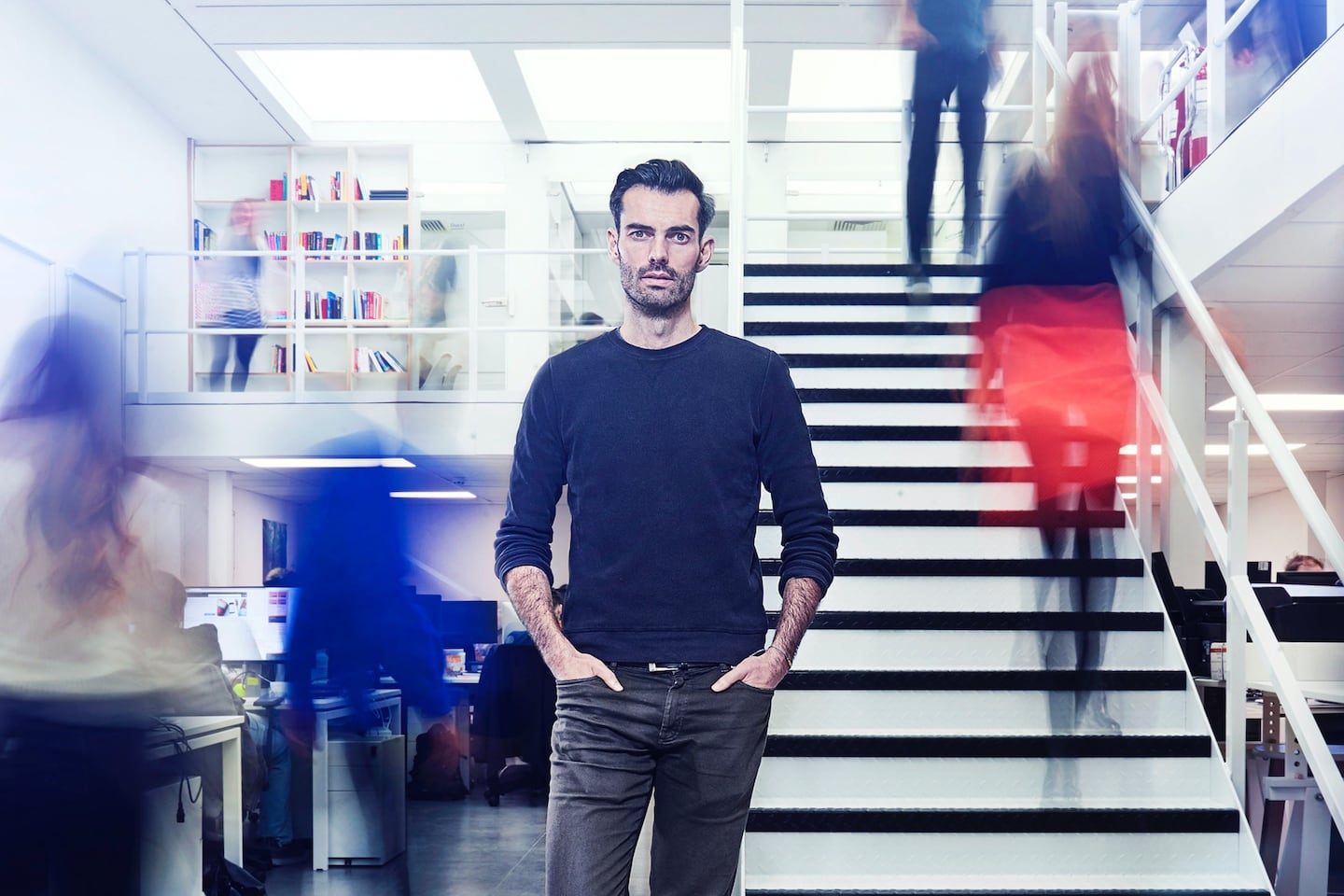
The Business of Fashion
Agenda-setting intelligence, analysis and advice for the global fashion community.

Agenda-setting intelligence, analysis and advice for the global fashion community.

LONDON, United Kingdom — Three years ago, Groupe Arnault, the family office of LVMH chairman and chief executive Bernard Arnault, joined venture firms Accel, Balderton and others to inject $40 million into fashion search platform Lyst.
Now, Lyst and LVMH are deepening their relationship with a new round of funding led directly by the French luxury conglomerate.
Lyst is raising $60 million of which LVMH has contributed roughly 45 percent, according to market sources. The round is closing in two parts, each worth $30 million. The second closing is currently being finalised. As part of the deal, LVMH chief digital officer Ian Rogers will join Lyst's board.
Before this latest investment, Lyst — essentially a digital shopping mall that aggregates millions of fashion products from brands, department stores and boutiques under one virtual roof — had attracted $60.5 million in funding, putting the total sum the company will have raised to date following the completion of the current round at about $120 million.
ADVERTISEMENT
Lyst hit a gross merchandise value of $325 million in the year to March 2018, according to the company, and Morton said gross merchandise value is “approaching half a billion dollars this year.”
The business takes a commission on sales, implying actual revenues of much less than that. In the year to March 2018, Lyst generated $21 million in net revenue. The platform became EBITDA positive in December 2017 and was “very close to EBITDA break even for the whole year,” said Morton.
Lyst plans to use the new funding — and tap LVMH’s deep international expertise — to drive global expansion. Currently, 60 percent of Lyst’s revenue comes from the US, 30 percent from Europe and 10 percent from Asia, but Lyst was only available in English until the recent launch of a French site.
The London-based start-up plans to launch in Germany and Spain next. “That’s not just language, but a globalised experience that’s in tune with local market dynamics, because the French customer is clearly different from the British customer or the American customer,” explained Morton.
Lyst also plans to invest in product development, allowing users to search and discover fashion products in new ways, partly inspired by innovation in the music industry, where Morton and Rogers first met several years ago. (Previously, Morton was a venture investor at Balderton Capital, a backer of Spotify, while Rogers worked at Beats Music and then Apple Music.)
Specifically, Lyst aims to allow consumers to discover fashion items by entering search terms like “Kardashian dress” or “job interview” much like they can find Spotify playlists that are perfect for workout sessions or weekend barbeques.
“Spotify was just a search platform. You had to search by artist or DJ, and it was quite a useful experience, but it was only helpful if you knew exactly what you wanted,” Morton explained. “But then we realized: customers don’t only search that way, they also searched by a mood, or by occasion or by other culturally relevant hooks.”
“If music is a leading indicator for consumer behaviour and distribution online, then I think that giving people help with finding what they want is really important,” added Rogers. “There are tens of billions of songs on Spotify and there are millions of SKUs on Lyst — and when you have that scale of availability, human beings need some help getting through that.”
ADVERTISEMENT
Luxury e-commerce is growing fast. The portion of personal luxury goods purchases that happen online — now about 9 percent of total — is expected to hit 20 percent by 2025, according to Bain & Company. And both Morton and Rogers believe that luxury e-commerce purchases won’t plateau, as some suggest, but continue to grow at a more stable rate, possibly reaching a majority of luxury sales.
“As Bernard Arnault says, the customer is the boss and there's not one way that customers will shop online,” said Rogers. “Sometimes they will buy from a brand, sometimes they'll buy from a boutique, sometimes they'll buy from marketplace and sometimes they'll use a search engine like Lyst."
"I think search is going to be the starting point for customers in a lot of cases — search is a killer app on the internet,” he added. “LVMH is investing across the spectrum.”
Editor's Note: Due to incomplete information provided by Lyst, a previous version of this article misstated that LVMH is injecting over $60 million into Lyst. In fact, LVMH is leading a $60 million funding round to which it has contributed about 45 percent. The round is closing in two parts, each worth $30 million. The second closing is currently being finalised.
Disclosure: LVMH is part of a group of investors who, together, hold a minority interest in The Business of Fashion. All investors have signed shareholders’ documentation guaranteeing BoF’s complete editorial independence.
Related Articles:
[ Who's Winning the Fashion E-Commerce Race?Opens in new window ]
In 2020, like many companies, the $50 billion yoga apparel brand created a new department to improve internal diversity and inclusion, and to create a more equitable playing field for minorities. In interviews with BoF, 14 current and former employees said things only got worse.
For fashion’s private market investors, deal-making may provide less-than-ideal returns and raise questions about the long-term value creation opportunities across parts of the fashion industry, reports The State of Fashion 2024.
A blockbuster public listing should clear the way for other brands to try their luck. That, plus LVMH results and what else to watch for in the coming week.
L Catterton, the private-equity firm with close ties to LVMH and Bernard Arnault that’s preparing to take Birkenstock public, has become an investment giant in the consumer-goods space, with stakes in companies selling everything from fashion to pet food to tacos.